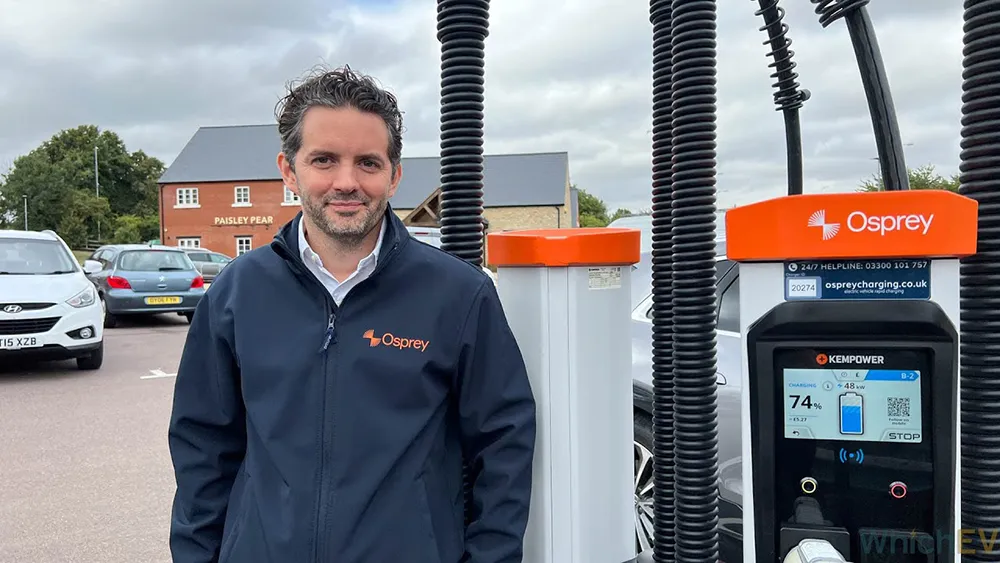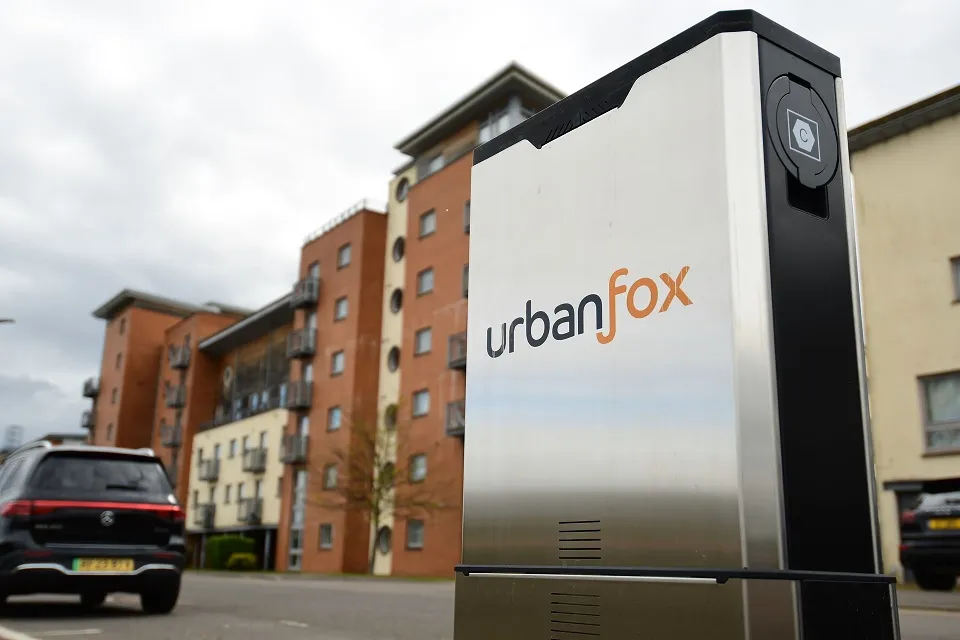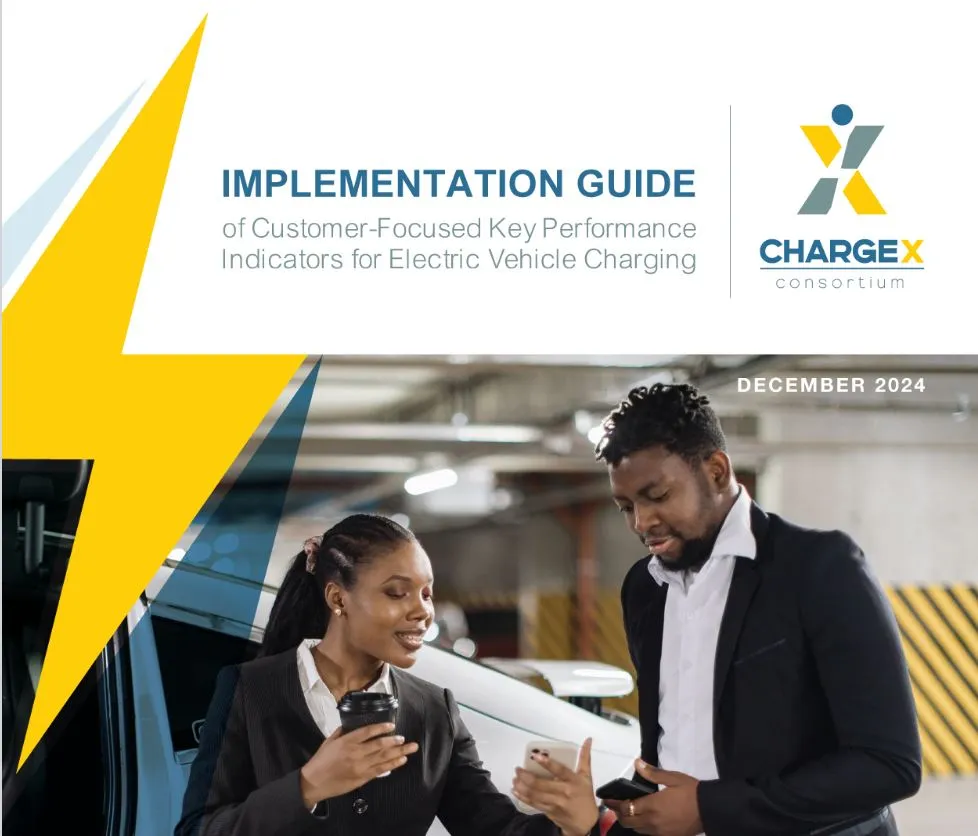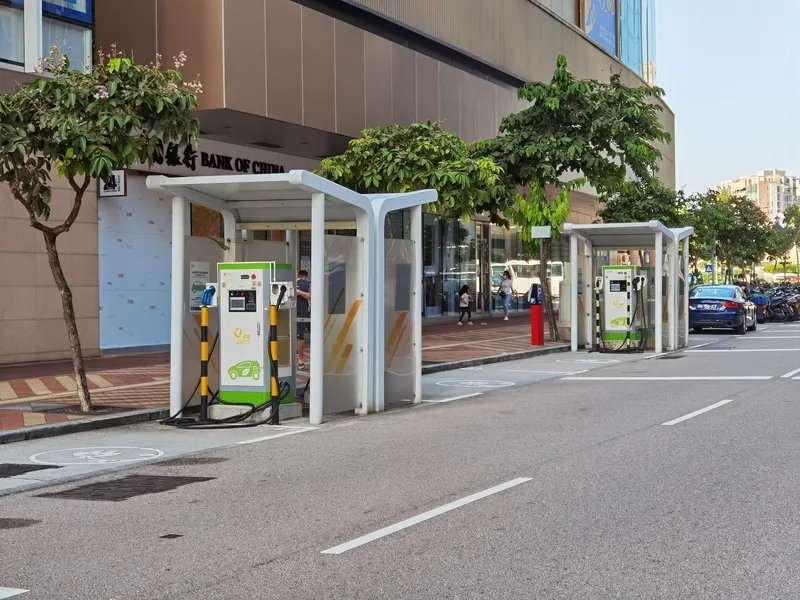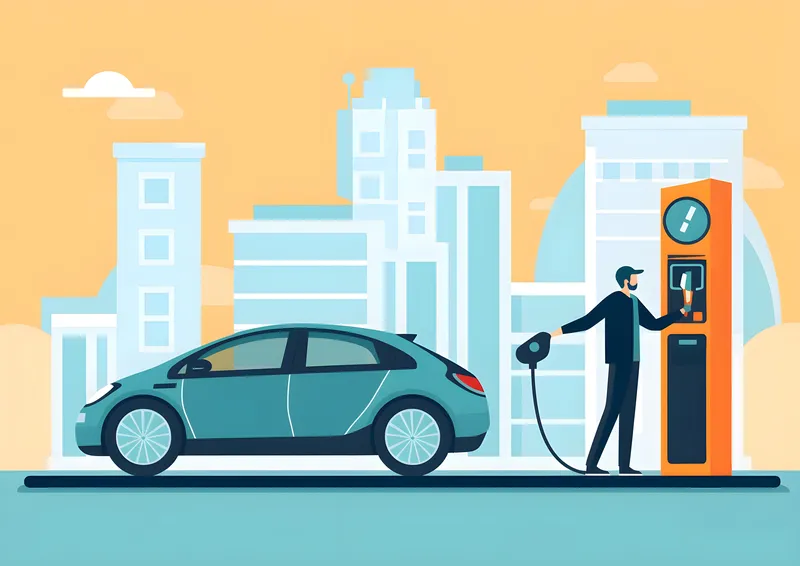
The closure of the NCR will coincide with new requirements under the Public Charge Point Regulations 2023, coming into effect for all public EV chargepoint operators to share open data, enabling the provision of more complete chargepoint data and spurring innovation from both existing and emerging providers.
Since 2011, the National Chargepoint Registry (NCR) has provided a dependable source of open data on EV chargepoints. This resource supports developers, local authorities and industry leaders by offering accessible information on the locations, connector types and operational hours of chargepoints across the UK. This data has fuelled growth in both the public and private sectors, empowering mobility providers, app developers and urban planners to enhance EV adoption and improve infrastructure development.
Cenex, the UK’s Centre of Excellence for Low Carbon and Fuel Cell Technologies, was appointed by the Office for Zero Emission Vehicles (OZEV) to manage the NCR in 2017, during which time the dataset has grown from around 3,800 chargepoints to over 63,000 today. In collaboration with Apetrel Systems, Cenex has maintained and improved the NCR as a trusted resource within the UK's Open Data initiative.
The archived NCR data will remain accessible to users and researchers after November 28, ensuring the continuity of vital information and reflecting the Registry’s legacy in advancing the nation’s EV journey.
Jacob Roberts, senior policy & strategy consultant at Cenex, commented: “We are proud of the NCR’s role in supporting the UK’s EV revolution. The growth in EV infrastructure it has documented is a testament to the dedication of the entire industry, from local governments to private sector innovators. We look forward to seeing how the EV charging industry continues to grow and evolve as open data becomes more available.”


